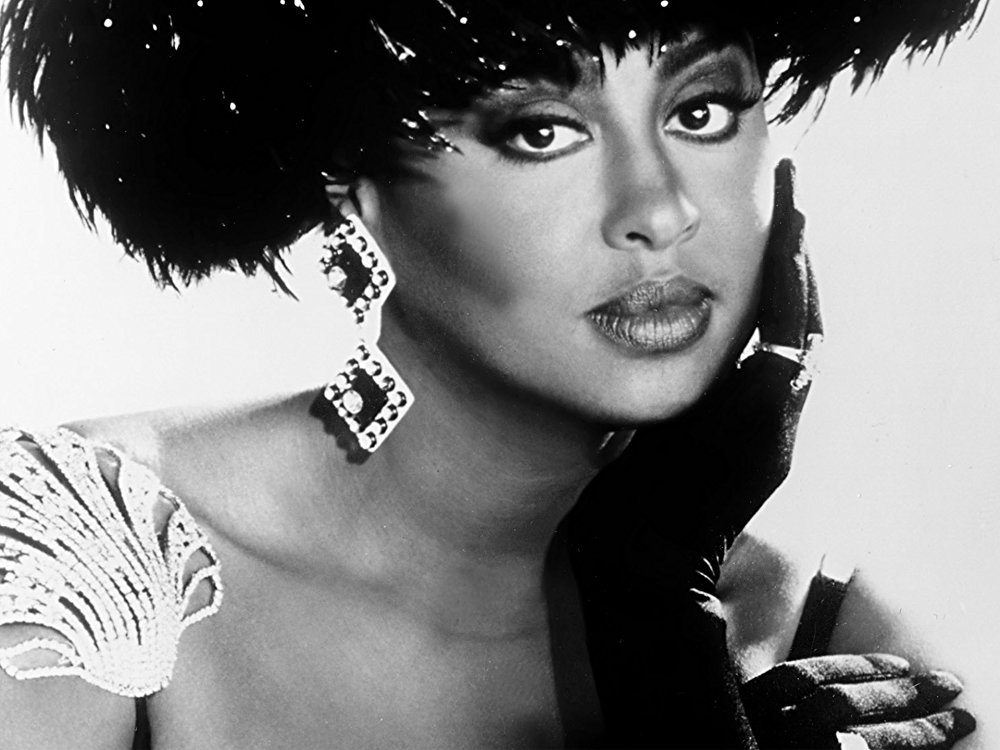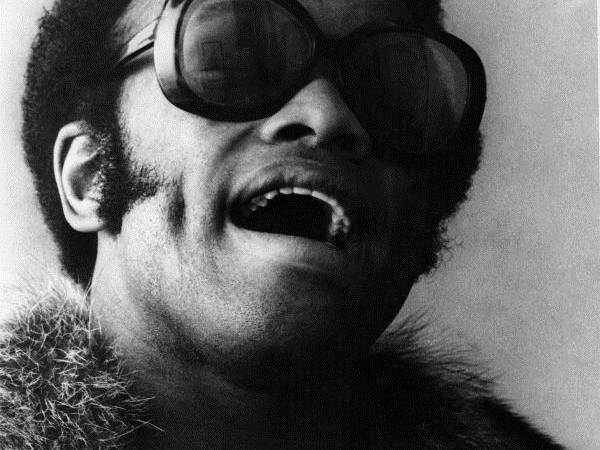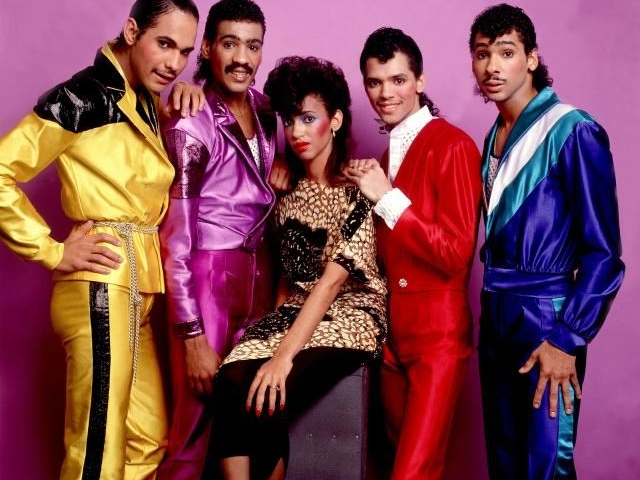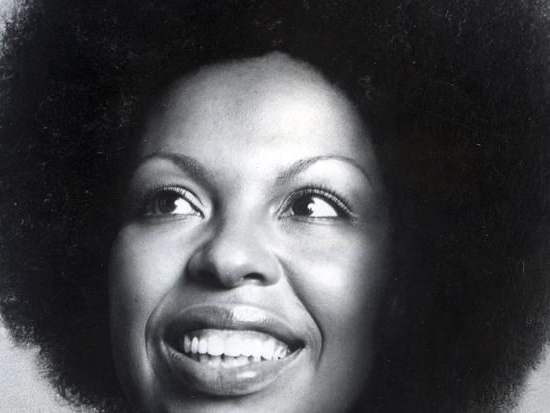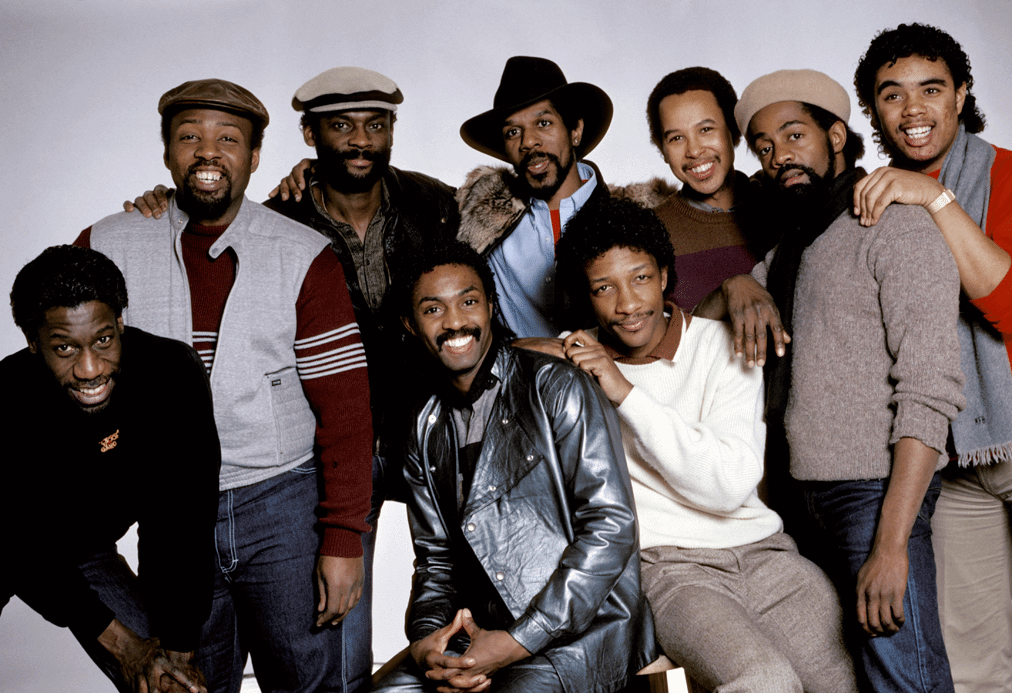 A very talented group of musicians that rose to the top of the music world not once but twice, Kool & the Gang continues to be one of the most beloved bands of the last 30 years. Formed by Robert “Kool” Bell, his brother Ronald Bell and bunch of their New Jersey teenage friends in the mid-60s (then called the Jazziacs), the group played traditional jazz in regional venues for several years, slowly morphing their style to incorporate emerging funk sounds of Sly and the Family Stone and James Brown. They were signed by the De-Lite label in the early 70s and gathered a small but loyal national following (particularly for their 1971 release Live at the Sex Machine). The group’s fortunes exploded in 1974 with Wild and Peaceful, an infectiously raw album that spawned three smash hits, “Funky Stuff,” “Hollywood Swinging,” and “Jungle Boogie,” all featuring great instrumentation and lyrics virtually shouted by the group. However, as quickly as they rode to fame, Kool & the Gang faded, their rough sound appearing out of place against the slick, dance-oriented sounds that began to dominate popular radio in the late 70s.
A very talented group of musicians that rose to the top of the music world not once but twice, Kool & the Gang continues to be one of the most beloved bands of the last 30 years. Formed by Robert “Kool” Bell, his brother Ronald Bell and bunch of their New Jersey teenage friends in the mid-60s (then called the Jazziacs), the group played traditional jazz in regional venues for several years, slowly morphing their style to incorporate emerging funk sounds of Sly and the Family Stone and James Brown. They were signed by the De-Lite label in the early 70s and gathered a small but loyal national following (particularly for their 1971 release Live at the Sex Machine). The group’s fortunes exploded in 1974 with Wild and Peaceful, an infectiously raw album that spawned three smash hits, “Funky Stuff,” “Hollywood Swinging,” and “Jungle Boogie,” all featuring great instrumentation and lyrics virtually shouted by the group. However, as quickly as they rode to fame, Kool & the Gang faded, their rough sound appearing out of place against the slick, dance-oriented sounds that began to dominate popular radio in the late 70s.
Kool & the Gang was an afterthought in the music world in 1979 when they brought in the honey-sounding lead James J.T. Taylor and pop/jazz producer Eumir Deodato for one last gasp, a shiny dance album called Ladies Night. Deodato simplified and sweetened the group’s jazz stylings in a heavily produced package, fronted by Taylor’s irresistible tenor voice. It was an across-the-board smash, leading to two top hits, the title cut and the midtempo “Too Hot.” It was also the beginning of a nearly unprecedented string of top 10 pop and soul hits for the group that would make Kool & the Gang the top selling soul group of the 80s. Ladies Night was followed by the even bigger Celebration, the joyous title cut of which became the theme song of countless sports teams in the 80s and one of the most played songs of the past 25 years. The next five years brought hit after hit, including chart toppers “Misled,” “Cherish,” “Take My Heart,” “Joanna,” “Fresh” and “Let’s Go Dancin’.” The infectious innocuousness of their music sometimes went to a silly extreme (“Get Down On It”), but the group clearly created a catalog of enjoyable, well performed cuts, both during Deodato’s tenure as producer and after they took over the production of their albums in 1983 — songs that have generally aged well. Their 1987 album, Forever, was another smash, but also provided warning sign that the fresh sounds Kool and the Gang introduced in 1979 had run their course and had begun to sound formulaic.
In 1987 Taylor left the group to pursue a modestly successful solo career (he had one major hit with “All I Want Is Forever,” a duet with Regina Belle), and the group continued on but never had another chart hit. They spent the next decade on the oldies circuit before Taylor rejoined for a 1996 reunion tour and the album State of Affairs, a extremely enjoyable disc (and the group’s strongest lyrically) that was unfortunately ignored by both Pop and Soul radio.
Now a quartet consisting of brothers Robert “Kool” Bell, Ronald Bell (Khalis Bayyan), George Brown, and Dennis Thomas (all original group members), the group tours internationally, and has a particularly large following in Asia. J.T. Taylor has continued his solo career, with limited success, and Charles Smith died in 2006.
In 2004 Kool and the Gang released The Hits Reloaded, an album with new versions of their greatest hits, featuring a number of guest artists, including Ashanti, Sean Paul, Jamiroquai and Blu Cantrell. In addition, Robert “Kool” Bell began working on a musical play based on the group’s career.
The group followed in 2006 with the dance song “Steppin Into Love,” their biggest hit in nearly two decades, and began working on a new album, tentatively titled Still Kool. With new 23-year old lead vocalist Jirmad Gordon at hand, the band released the new disc in the Summer of 2007 to positive reviews and became their chance at an amazing third run at musical success.
Bio courtesy of Chris Rizik – Soul Tracks
Ivan Orr is a multi-instrumentalist, composer, performer, and writer. A native of Charlottesville, Virginia Ivan was involved with the forming and nascent days of The Music Resource Center as its first Program Director. A graduate of Virginia Commonwealth University’s Department of Music, Ivan currently resides in Richmond, VA where he maintains an active performance and production schedule while serving as the Music Editor for Grown Folks Music, a position he has held since 2010.
RELATED POSTS
January 2, 2012
“The Vanguard Series” Celebrates “Bill Withers”
February 6, 2012
“The Vanguard Series” Celebrates “Phil Perry”
December 12, 2011
“The Vanguard Series” Celebrates “Phyllis Hyman”
December 26, 2011
“The Vanguard Series” Celebrates “Bobby Womack”
March 18, 2013


